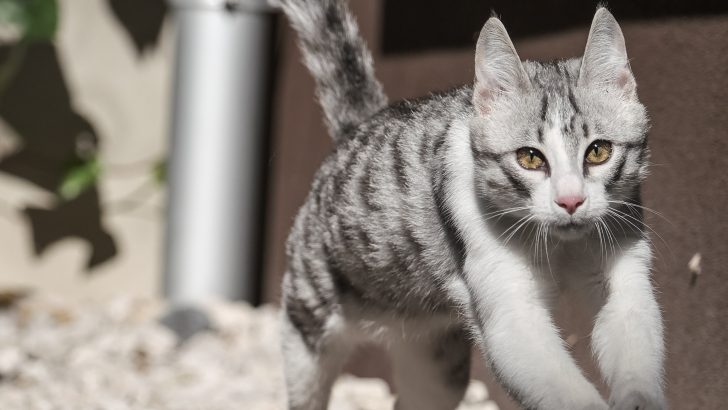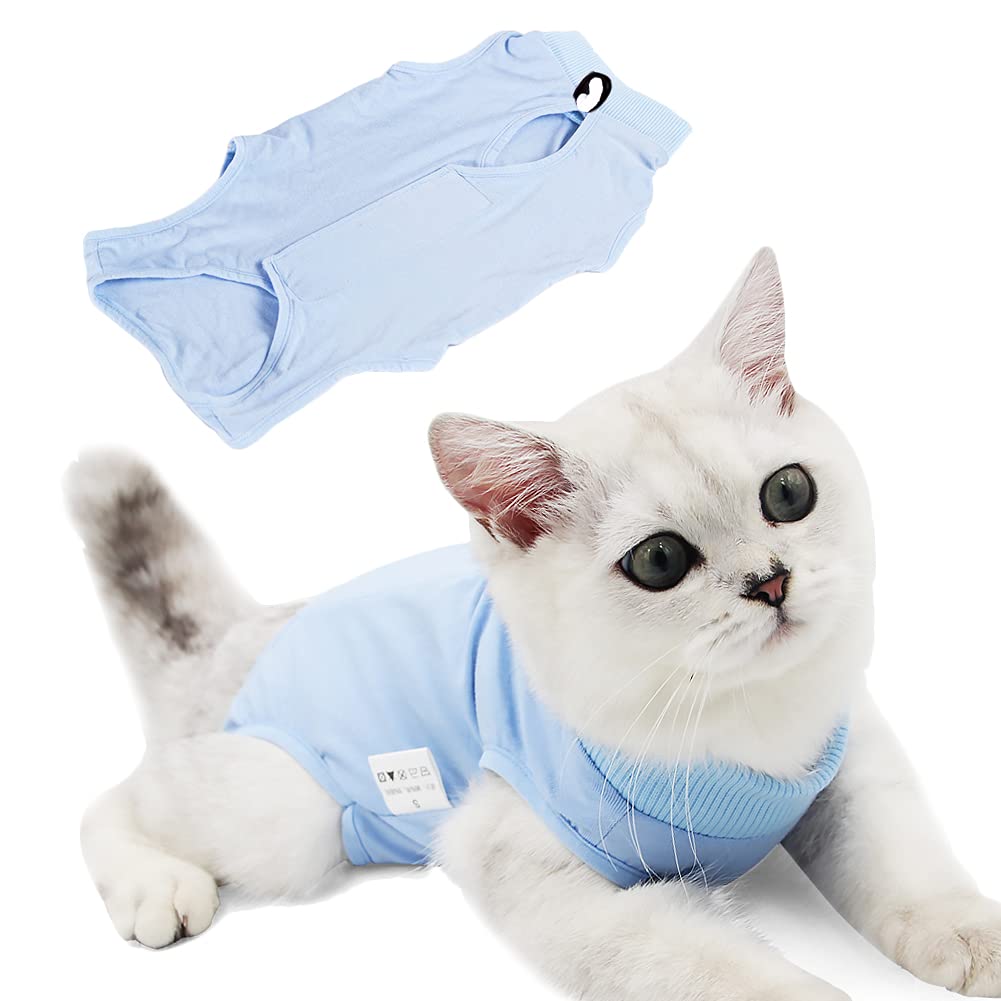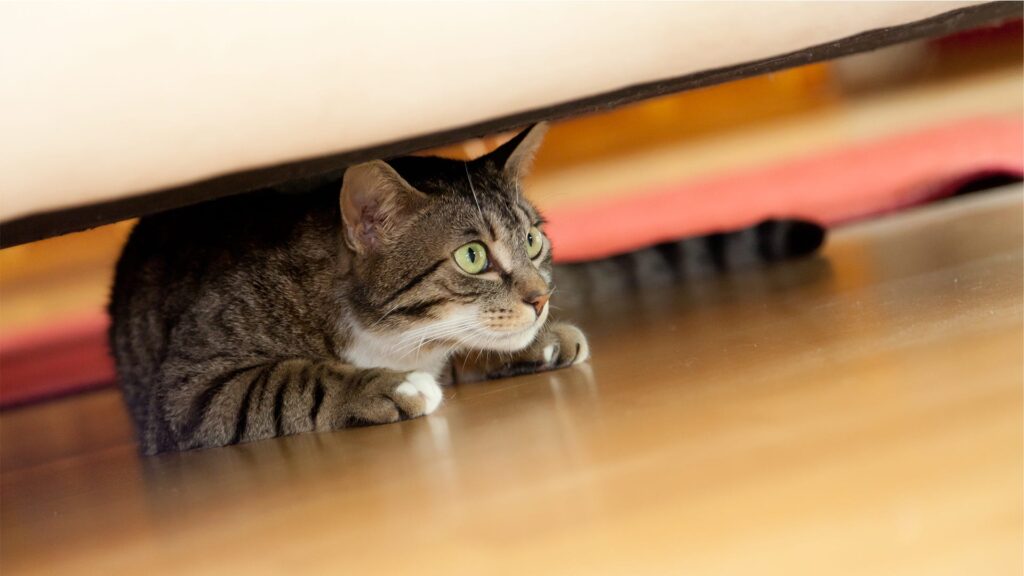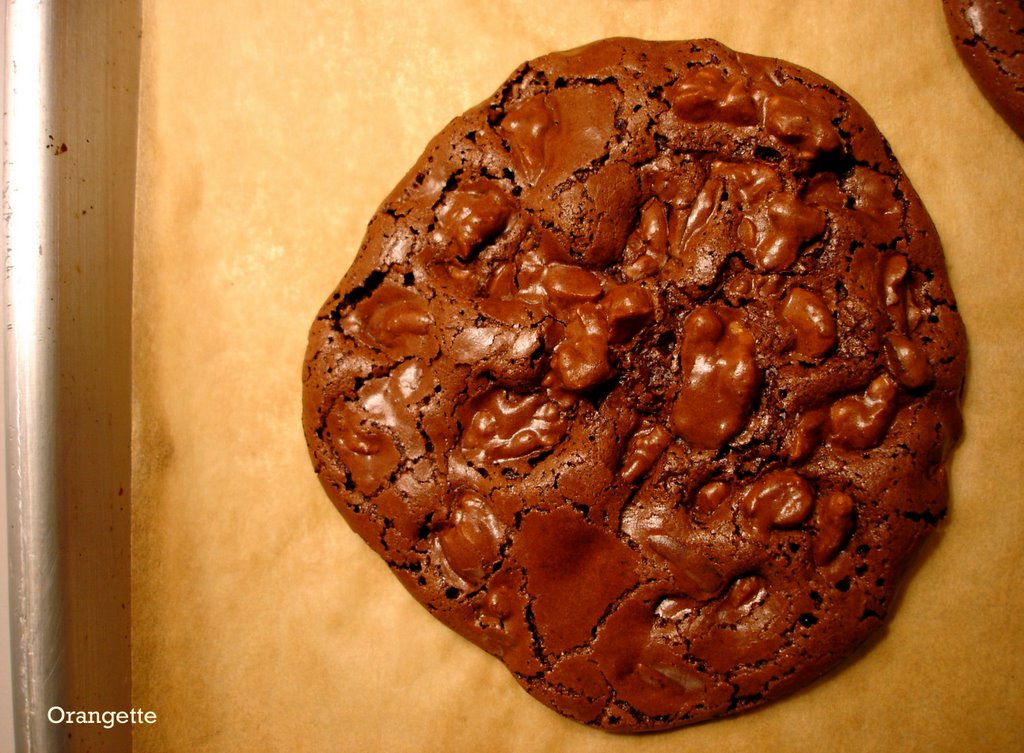If your cat is not eating after being spayed, it is important to monitor her eating habits closely and consult with a veterinarian if the problem persists. Post-surgery loss of appetite is normal, but if your cat continues not to eat or shows other concerning symptoms, it could indicate a more serious issue.
It is essential to address this promptly to ensure your cat’s health and recovery. We will discuss possible reasons for a cat not eating after spaying, potential solutions, and when to seek veterinary assistance. By following these guidelines, you can help your cat regain her appetite and support her overall well-being after surgery.
Contents
Why Isn’t My Cat Eating After Spaying?
It is not uncommon for cats to experience a loss of appetite after being spayed. There can be several reasons for this, and it is important to closely monitor their food intake during this time. Some possible reasons for a cat’s lack of interest in food after spaying include the effects of anesthesia, post-surgical discomfort, changes in hormones, and stress. Anesthesia can make cats feel groggy and nauseous, which can lead to a temporary decrease in appetite. Pain or discomfort from the surgical incision can also deter a cat from eating. Hormonal changes that occur after spaying can affect a cat’s appetite as well. Additionally, the stress of the surgery and the recovery period can contribute to a decreased appetite. It is important to offer your cat small, frequent meals of palatable and easily digestible food to entice them to eat. If your cat continues to refuse food for more than 24-48 hours, it is recommended to consult with a veterinarian for further evaluation and guidance.
Post-operative Care And Feeding Tips
After spaying, it is common for cats to have a decreased appetite. However, it is important to monitor their behavior and ensure they are eating enough to recover properly. Gradually reintroducing food is key in encouraging your cat to eat. Start with small portions of their regular food and gradually increase the amount over time. Offer a variety of wet and dry food options to entice their appetite. If your cat still refuses to eat, consult with a veterinarian for guidance.
It is also crucial to ensure that your cat is receiving a balanced diet post-spaying. Provide a mix of high-quality cat food that meets their nutritional needs. Consider incorporating supplements or wet food to provide additional hydration and essential nutrients. Keep an eye on your cat’s weight and consult with a veterinarian if you notice any significant changes.
| Key Tips: | Important Information: |
|---|---|
| Monitor your cat’s behavior | Watch for signs of discomfort or pain |
| Gradually reintroduce food | Start with small portions and increase gradually |
| Ensure a balanced diet | Offer a mix of high-quality cat food and consider supplements |
When To Seek Veterinary Assistance
If your cat is not eating after being spayed, it is important to monitor their condition closely. Pay attention to signs of dehydration or malnourishment such as dry gums, sunken eyes, lethargy, and weight loss. These symptoms could indicate that your cat is not getting the necessary nutrients and fluids they need. In such cases, it is crucial to seek veterinary assistance as soon as possible. The veterinarian will be able to assess your cat’s condition and provide appropriate medical intervention if necessary.
In some cases, there may be potential complications after spaying that could contribute to your cat not eating. Some cats may experience post-surgery pain or discomfort, which can affect their appetite. If you notice your cat displaying unusual behavior or signs of distress, it is recommended to consult your veterinarian. They can provide guidance on how to manage any potential complications and ensure that your cat is on the road to a healthy recovery.

Credit: www.tracyvets.com
Frequently Asked Questions On Cat Not Eating After Spaying: What Should I Do?
Is It Normal For Cats To Not Eat 2 Days After Neutering?
It is normal for cats to not eat for a couple of days after neutering. The anesthesia and pain medication can cause temporary loss of appetite. As long as your cat is drinking water and doesn’t show any other concerning symptoms, there’s usually no need to worry.
Should I Force Feed My Cat After Surgery?
No, you should not force feed your cat after surgery. Consult with your veterinarian who will provide appropriate post-operative care instructions and recommend the best approach for feeding your cat during recovery. Surgery recovery is crucial and requires proper nutrition, but force feeding can cause harm.
How Long Does It Take For A Cat To Get Back To Normal After Being Spayed?
A cat usually takes a few days to get back to normal after being spayed. The recovery period can vary, but most cats are fully recovered within a week. It is important to follow your vet’s instructions and provide your cat with a quiet and comfortable environment during this time.
Why Won’t My Cat Drink Water After Being Spayed?
Spaying can cause temporary changes in a cat’s behavior, including a decrease in appetite and thirst. Your cat may not drink water after being spayed due to discomfort or anesthesia effects. Make sure to provide fresh water and monitor your cat’s hydration levels.
Conclusion
It is common for cats to experience a loss of appetite after being spayed. However, it is important to closely monitor your cat’s eating habits and take appropriate action if the lack of appetite persists. By offering tempting food options, consulting with your veterinarian, and ensuring a comfortable recovery environment, you can help encourage your cat to start eating again and ensure their overall well-being.
Remember to be patient and provide the necessary care and attention during this post-surgery period.

Katie Lindsey is a passionate cat lover and founder of Cats Solution, a comprehensive resource for all things feline. With a lifelong love for cats and extensive knowledge in their care and behavior, she provides expert advice and solutions to cat owners. Through her website, Katie fosters a supportive community where cat enthusiasts can find guidance and heartwarming stories. A dedicated advocate for animal welfare, Katie also promotes responsible pet ownership and adoption. Join her on this purr-fect journey celebrating the joy of feline companionship.



